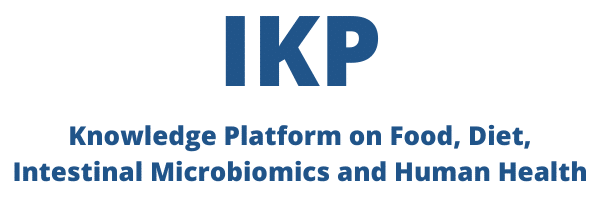Dr. Mena Vázquez received her medical degree from the University of Málaga in 2010 and her Ph.D. from the University of Málaga in 2016. She has been a specialist physician in the Rheumatology Department at the Rheumatology Clinical Unit of the Regional University Hospital of Málaga since 2016 and has been Section Chief of the Rheumatology Clinical Unit at the Regional University Hospital of Málaga since 2021.
In addition, she is co-lead researcher of the institute’s Inflammatory and Autoimmune Diseases research group, a member of the PAIDI CTS-1034 inflammatory rheumatic diseases study group since 2017, a collaborator in the Research Network on Rheumatic Diseases, collaborator in the Cooperative Research Networks Aimed at Health Outcomes, clinical coordinator of the Andalusian Research Network for Research on Rheumatic Diseases, and coordinator of the Research Unit of the Regional University Hospital of Málaga. She is a member and leader of the Spanish Society of Rheumatology research commission.
In addition, she has been a clinical tutor since 2014 and an honorary collaborator at the University of Málaga School of Medicine since 2020. She has research experience with previous contracts equivalent to the Juan Rodés contracts from 2018–2020, was the principal investigator for seven nationally competitive projects, and was a collaborator on more than ten projects. She participates as principal investigator in five clinical trials and collaborates on more than 40 clinical trials in phases II, III, and IV at the Immunologically-Mediated Diseases Research Unit.
In terms of scientific quality indicators, she has authored 66 publications since 2016, leading 45 of them. In addition, she has contributed to 21 other publications not as a leader. She has made more than 150 communications to conferences, edited of scientific article and a treatise on rheumatic diseases for the Spanish Society of Rheumatology, participated in six book chapters, and holds three patents. She has supervised seven medical degree final projects, two master’s degree final projects, and four doctoral theses. She also supervises researchers during their training
Contact: natalia.mena.sspa@juntadeandalucia.es

